Search
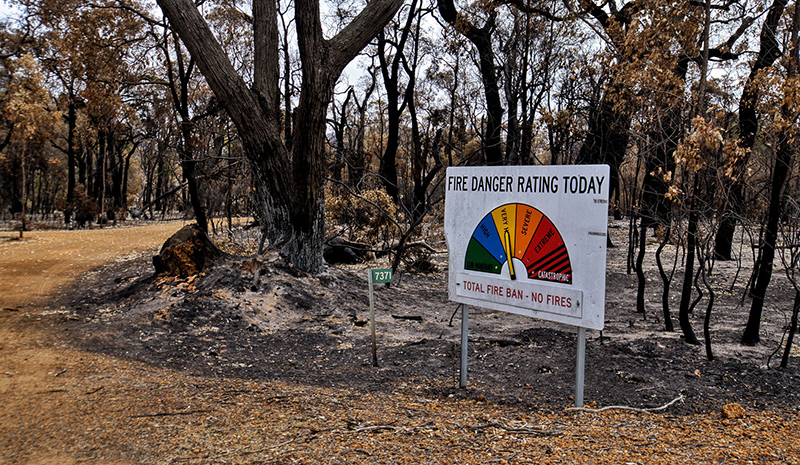
News & Events
How summer bushfires can impact your family’s healthBushfires can have a considerable impact on our health, with some symptoms lasting long after the flames are extinguished. And our children are amongst the most vulnerable.

The Wal-yan Centre’s Annual Reports highlight the achievements of our researchers, which bring us closer to our vision to ensure that all children have healthy lungs for life.

Learn more about the supporters of the Wal-yan Respiratory Centre
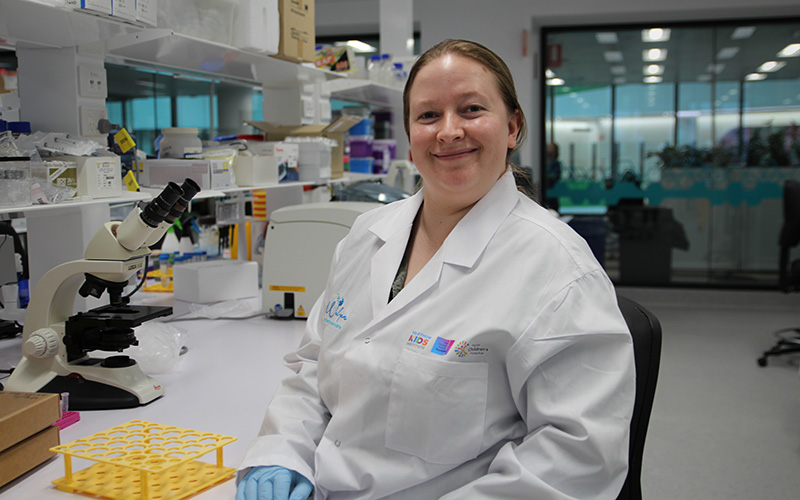
News & Events
World-first study finds some biodiesel exhausts harmful to childrenWal-yan Respiratory Research Centre PhD candidate Katherine Landwehr is researching the impact of breathing in biodiesel exhaust fumes on the lungs.
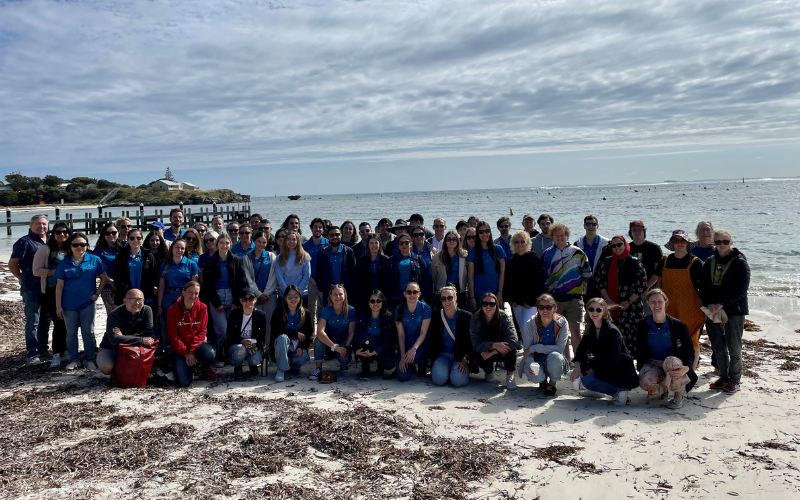
News & Events
Great minds come together at Wal-yan Scientific RetreatWal-yan Respiratory Research Centre team members and special guests travelled to Wadjemup (Rottnest) on 27 and 28 October to spend an intensive two days together learning about, and providing input into, the broad range of research projects underway within the Centre.
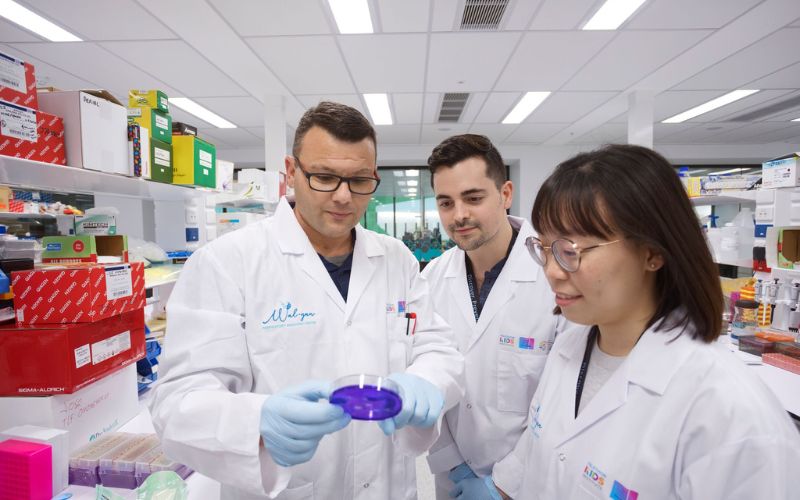
News & Events
Patients with antibiotic-resistant lung infections to receive promising phage therapy treatment as part of new trial led by The Kids Research Institute Australia Researcher Anthony KicicPatients with lung infections that are not responding to antibiotics will be treated with phage therapy as part of a translational trial program to be undertaken by world-recognised experts in this field.
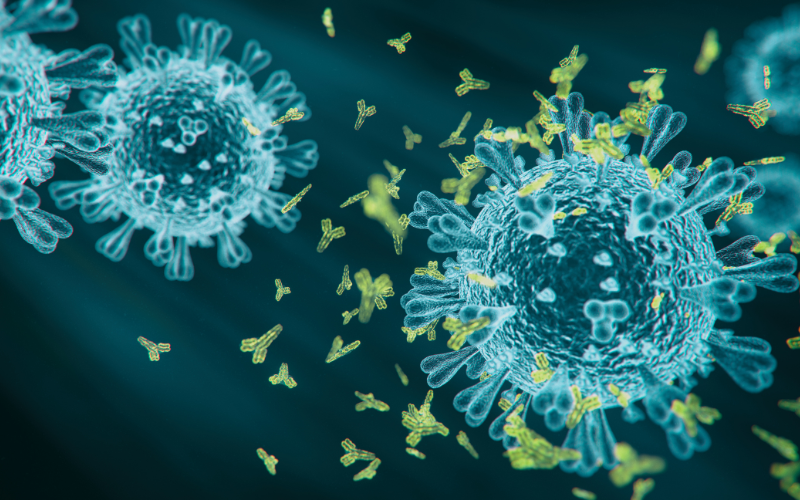
News & Events
International trial shows that interferon could help reduce the spread of COVID-19Results of an innovative clinical trial led by Perth researchers have shown that the drug interferon could help reduce the spread of COVID-19 from a positive person to their household contacts, with the study helping to inform treatment options for a future pandemic.

News & Events
The Wal-yan Respiratory Research Centre turns three!As the Wal-yan Respiratory Research Centre turns three, we celebrate our achievements, and say thank you to our amazing community.

News & Events
Research to see if AI can speed up therapy for people with antibiotic-resistant bacterial infectionsResearchers from the Wal-yan Respiratory Research Centre are aiming to combine artificial intelligence with natural, infection-fighting viruses to help save lives from an increasingly common medical emergency found in hospitals.

News & Events
Allied Health award for respiratory researcher Dr Pamela LairdCongratulations to respiratory health clinician-researcher Dr Pamela Laird, who has won Allied Health Researcher of the Year at the WA Excellence in Allied Health Awards.
